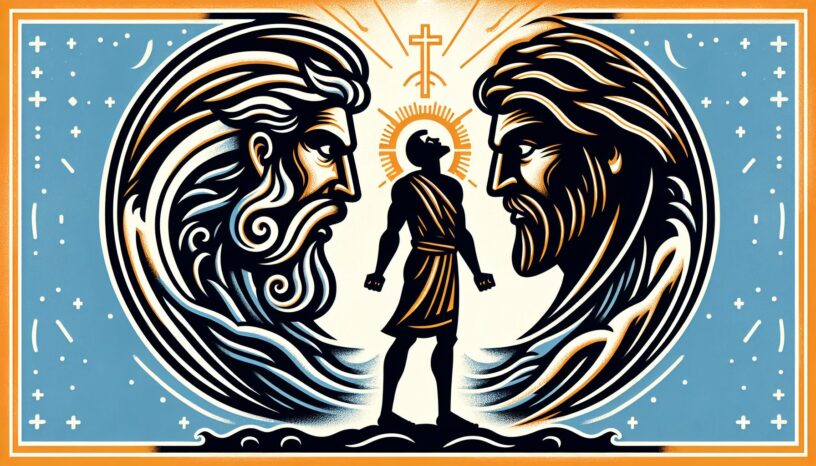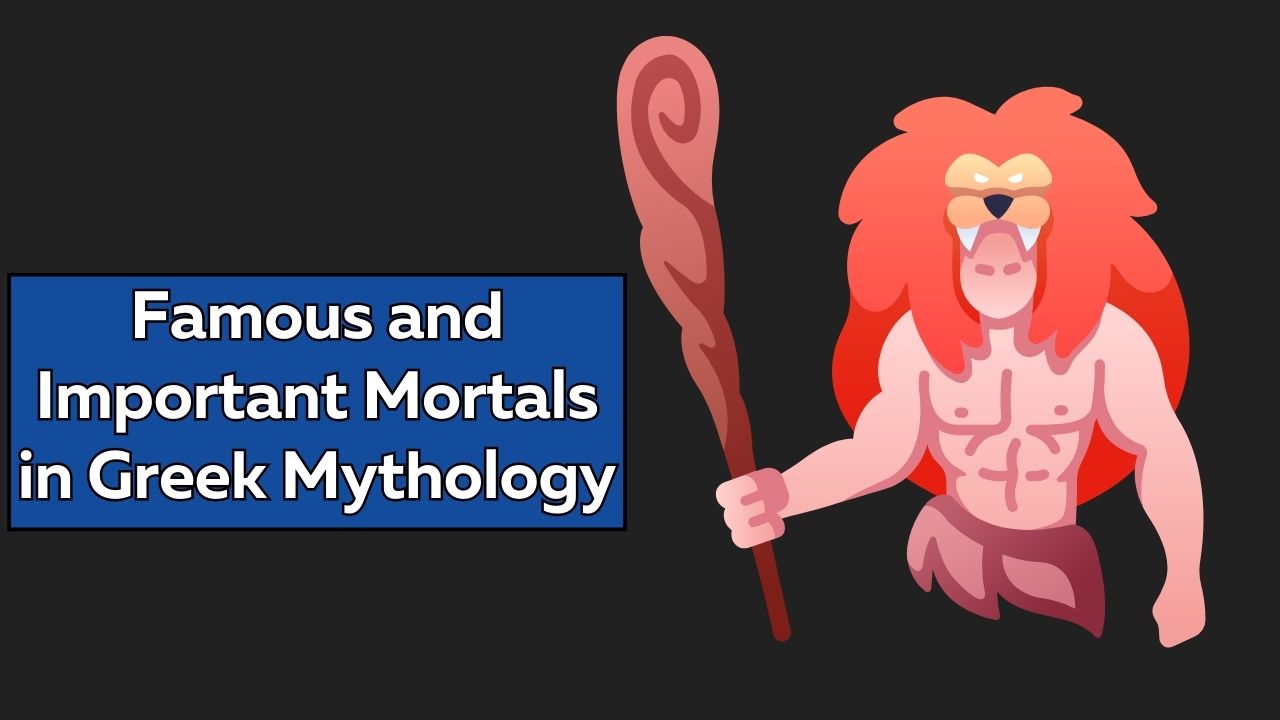Introduction:
Zeus and Jesus are two of the most influential figures of mythological and religious culture, respectively. As powerful figures in human history, it’s no surprise that people often compare the two in order to gain a better understanding of their differences. But how exactly do Zeus and Jesus differ? In this article, we’ll go through 10 key differences between Zeus and Jesus so that you can get a better understanding of the fundamental differences between the two.
Difference 1: Entity Type
1. Zeus: Zeus is a deity, or god, in Ancient Greek and Roman mythology. He is the son of Cronus and Rhea, and is often referred to as the King and Father of the Gods.
2. Jesus: Jesus is the central figure of Christianity and is viewed by Christians as the son of God and as the Messiah who is believed to have come to earth to save humanity from sin.
Difference 2: Mythology vs Religion
1. Zeus: Zeus is part of Ancient Greek and Roman mythology. As a deity in these mythologies, Zeus is believed to have great power over the other gods and the world. Despite being part of a mythology, some practitioners still revere and worship Zeus like a god.
2. Jesus: Jesus is part of the Christian religion, which is an organized system of beliefs and practices based on the teachings of Jesus Christ. Jesus is believed to be the son of God by many followers, and is worshiped all around the world in many churches and by individuals.
Difference 3: Powers & Domains
1. Zeus: As the ruler of the gods, Zeus is often depicted as having great power over the universe. He is believed to have control over the skies, clouds, lightning, thunder, and storms. He is also believed to be the god of law and justice, and the protector of all humanity.
2. Jesus: Jesus is believed to have supernatural powers, such as healing the sick and raising the dead. He is also believed to have power over nature and the elements, and to have power to forgive sins. Jesus is also seen as a role model for Christians, teaching them how to live a moral and righteous life.
Difference 4: Title & Titles
1. Zeus: Zeus is often referred to as the King of the Gods, the Father of the Gods, or simply as Zeus. His titles reflect his power and authority as the leader of the gods.
2. Jesus: Jesus is referred to in many ways, including the Son of God, the Messiah, and the Prince of Peace. All of these titles reflect his importance in the Christian faith and emphasize his primary goal of bringing salvation to the world.
Difference 5: Place of Origin
1. Zeus: Zeus is the son of Cronus and Rhea, and his birthplace is Mount Olympus, the home of the Greek gods.
2. Jesus: Jesus is believed to have been born in Bethlehem, a city in present-day Israel. He is believed to have lived in Nazareth for most of his life.
Difference 6: Historical Time period
1. Zeus: Zeus is an ancient figure, appearing in mythologies from thousands of years ago.
2. Jesus: Jesus is believed to have lived during the time of the Roman Empire, approximately 2000 years ago.
Difference 7: Followers
1. Zeus: Zeus is not followed by an organized religion, however he continues to be worshiped in some parts of the world.
2. Jesus: Jesus is the leader of Christianity, one of the oldest and largest religions in the world. He is followed by more than 2.5 billion people throughout the world.
Difference 8: Teachings & Beliefs
1. Zeus: As the king of the gods, Zeus is believed to be the ultimate authority and wisdom in the universe. He is thought to be responsible for upholding justice, balanced the forces of nature, and punished those who betrayed oaths.
2. Jesus: Jesus is believed to have been sent to earth in order to share God’s message of love and salvation with mankind. He is believed to have taught people how to love one another and to live according to God’s laws.
Difference 9: Death
1. Zeus: Zeus continues to live in the Greek and Roman mythologies. He is immortal and unchanging.
2. Jesus: Jesus is believed to have died by crucifixion in order to provide salvation for mankind. He is believed to have been resurrected three days after his death.
Difference 10: Legacy
1. Zeus: Zeus has left behind a vast legacy in Greek and Roman mythology. His dominance as the king of the gods and his influence on human behavior is still in evidence today.
2. Jesus: Jesus is believed to have brought salvation to mankind, and is considered to be the central figure in Christianity. His teachings and legacy continue to shape the lives of millions of people around the world today.
Conclusion
Zeus and Jesus are two of the most influential figures in history. Although they have much in common, they also have many fundamental differences. This article has gone through 10 key differences between Zeus and Jesus, ranging from their place of origin to their teachings and beliefs. Understanding the differences between the two can help you appreciate the complexity of their influence on society today.







Leave a Reply